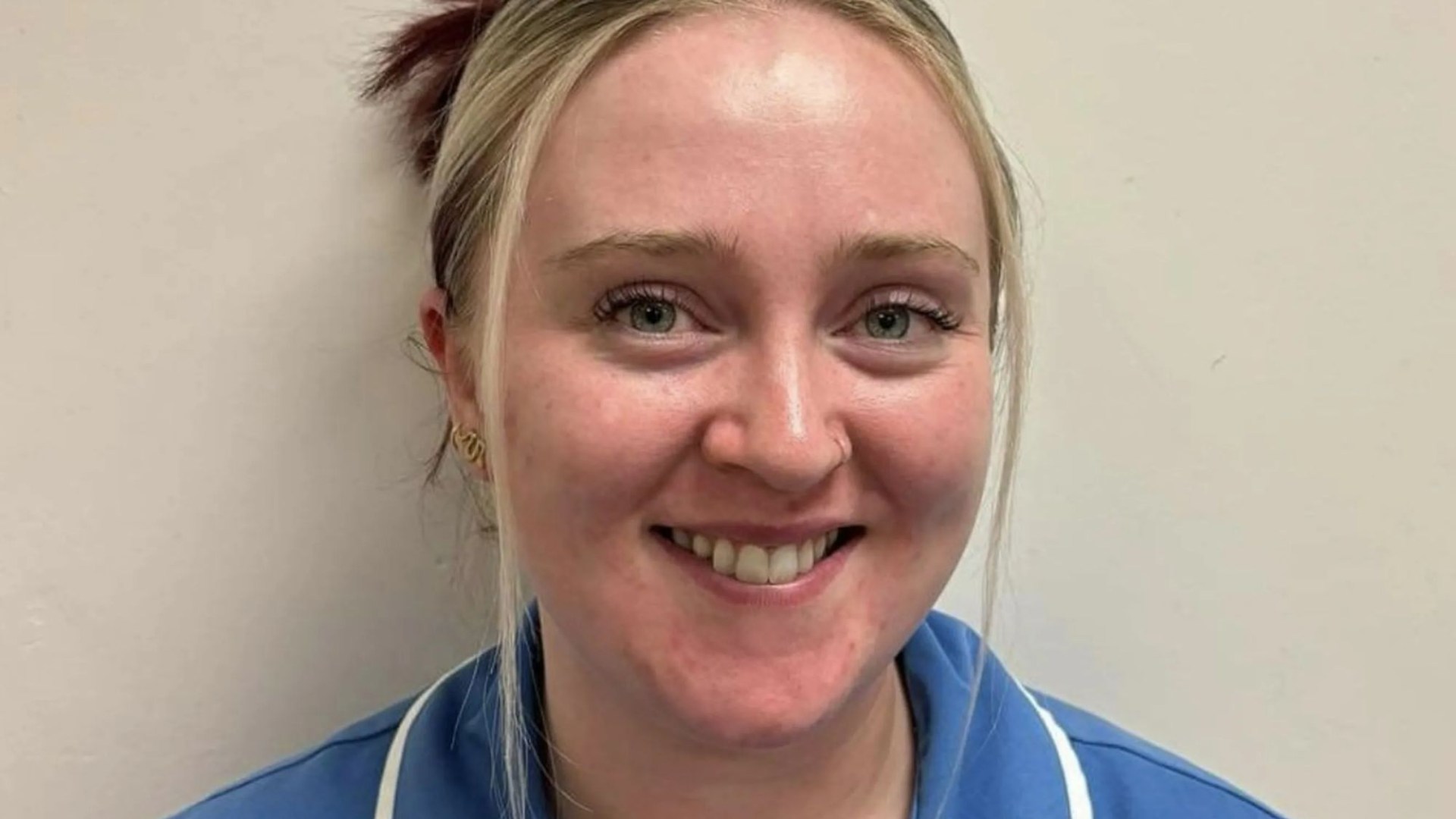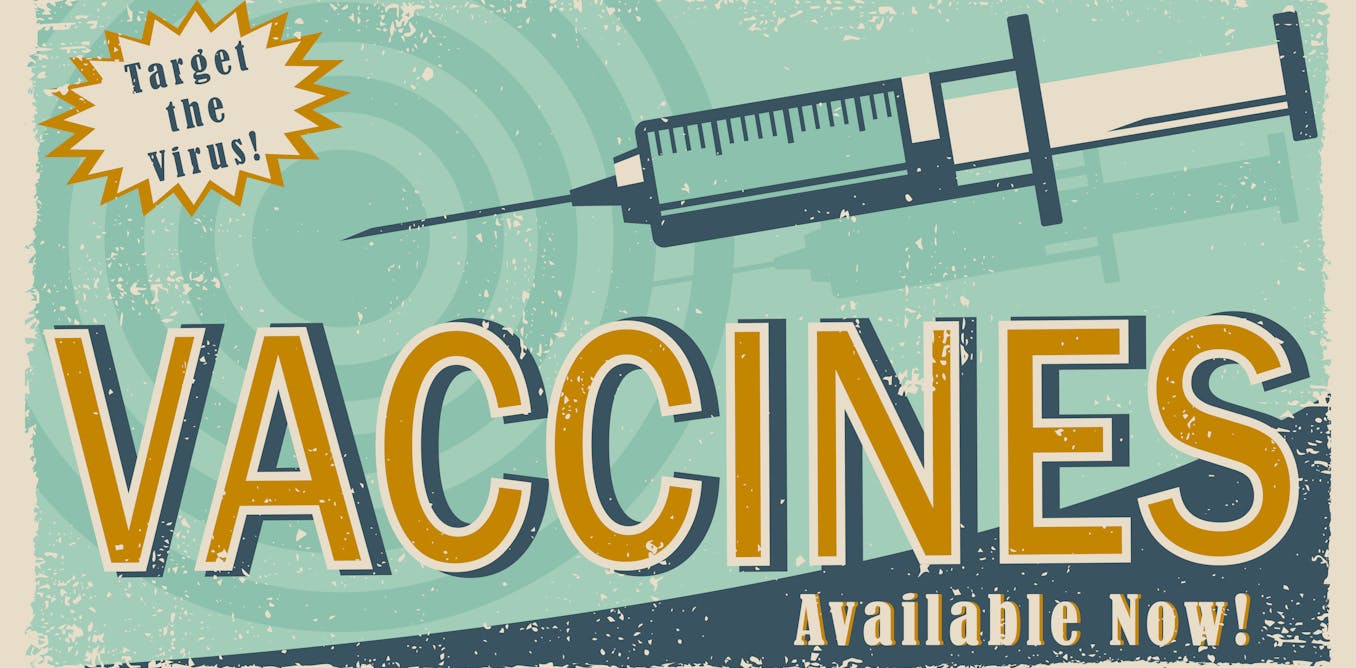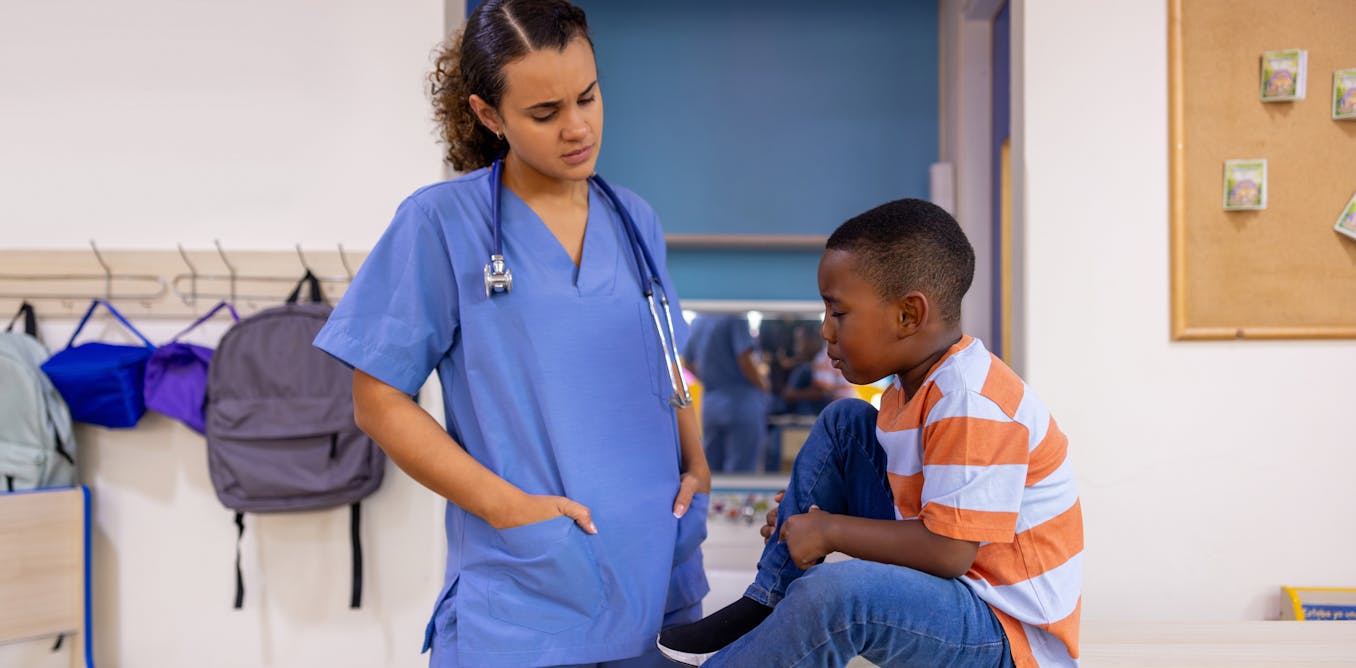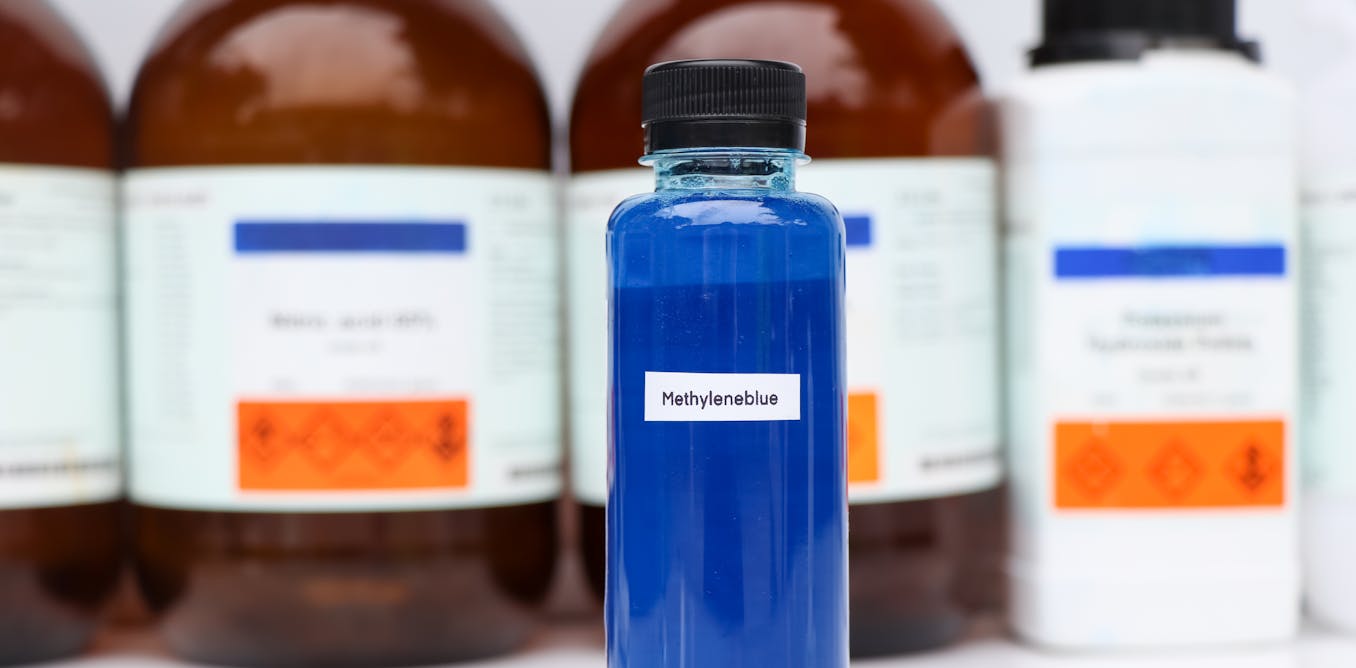A NURSE claims she nearly died after mistaking aching muscles and chest pain on working gruelling 12-hour shifts.
It turned out it was the first sign of a deadly blood clot.
5

5
Chloe Mangan, 25, began taking the combined pill in August as a way to help combat her acne.
She’d struggled with skin issues since her teenage years and hoped the medication would boost her self-confidence.
But around a month after first taking the contraception, Chloe began experiencing pain in her legs, which she put down to working 12-hour shifts as a paediatric nurse.
Soon after, during a night shift, Chloe began feeling severe pains across her chest but mistook the aches for a pulled muscle from her dance class and working such a physical job.
It was only when her colleagues encouraged Chloe to go to A&E that doctors discovered a “significant” blood clot in her left lung.
She was told the clot was caused by the combined pill – and feels lucky to be alive.
Chloe, from Dudley, West Midlands, said: “I always suffered with acne and my skin, I’d tried the pill before but it hadn’t really worked.
“My acne had really started to affect my self-confidence because I felt like there was nothing I could do to hide my biggest flaw.
“Then I went to go and see a specialist consultant in June or July and we decided to try the pill again because they believed my skin was something to do with my hormones.
“She did tell me this pill has a double risk of blood clots, but that it was still a small risk, and with every other factor in my medical history, I shouldn’t be too concerned.
“A few weeks in my skin had started clearing up and it was a really positive thing for me, so I’d forgotten the risk of blood clots.”
Chest and leg pain
But in October, just weeks after beginning her new medication, Chloe began experiencing pains in her chest and legs.
Chloe said: “While at work, I said to some of the girls that my legs hurt and my calf felt quite tight.
“Being on my feet for 12 hours, I thought it was probably related to that. I didn’t think too much of it.
“Then I was working a night shift and had been experiencing some chest pain in the lead up to my shift, which hadn’t gone away.
“While I was working I began with this severe chest pain, shortness of breath, a stabbing pain, which took me off my feet. It was very left-sided but I thought it was just muscular.
“I’m a dancer and only a few days before we’d been lifting each other up and doing quite a lot of strenuous activities on my left side and I just put it down to that.
“I just thought I had pulled something, I have quite a physical job and get a lot of aches and pains.”
‘I could have had a heart attack’
As her chest pain grew worse, Chloe was encouraged by colleagues to get checked out in A&E where tests revealed she had a pulmonary embolism.
Chloe said: “The doctor came back and said ‘your bloods indicate that you’ve got a blood clot’.
“It completely knocked me for six, it was 4am and I was on my own. I thought ‘this is quite serious and I can die from this quite easily’.
“My blood clot was something called a provoked blood clot, which means there was a cause.
“With my age and being on the pill, they knew it was most likely caused by that.”
Being young and relatively fit, Chloe said she didn’t expect this to happen to her.
She said: “They said it was a significant blood clot. I could’ve had a heart attack, the clot could’ve gone to my brain.
“I really could’ve died, it could’ve been a completely different outcome, I’m very lucky.”
Common side effects and risks of the combined pill
The combined contraceptive pill (also called the pill)is a type of hormonal contraception.
There are different versions – the everyday pill is one you take every day, with dummy pills that don’t contain any hormones in each packet.
The 21-day pill is one you take for 21 days, before having a break for seven days.
Some side effects can occur when you first start taking the pill, including bleeding between periods (known as breakthrough bleeding).
It can also cause high blood pressure in a small number of people, as well as headaches, feeling sick or dizziness, and sore breasts.
But there isn’t enough evidence to suggest this is caused by the pill.
If you still have side effects after three months and they’re a problem for you, speak to a pharmacist or doctor.
They may be able to change you to a different pill.
The pill is linked to a small risk of blood clots and cancer.
The risk of getting a blood clot is very small, affecting up to one in 1,000 people.
There’s a slightly raised risk of getting breast cancer or cervical cancer, but your risk goes back to normal after you stop taking the pill.
Source: NHS
After being discharged, Chloe was rushed back to hospital when her chest pain worsened.
Chloe said: “The pain was 10 times worse than what it first had been. Painkillers just weren’t touching it.
“I couldn’t breathe out without screaming, it was horrific. I’d never experienced pain like that in my life.”
Chloe stopped taking the contraceptive pill immediately after her hospitalisation and is now on a six-month course of blood-thinners.
After her ordeal, Chloe is now speaking out against the risks involved with the combined pill.
Chloe said: “The scary thing is that it really can happen to anybody. When the risks are talked about, I don’t think it’s stressed enough how much a blood clot can have an impact on your life.
“It has a significant impact and it’s all from a pill that most people take.”

5

5

5




